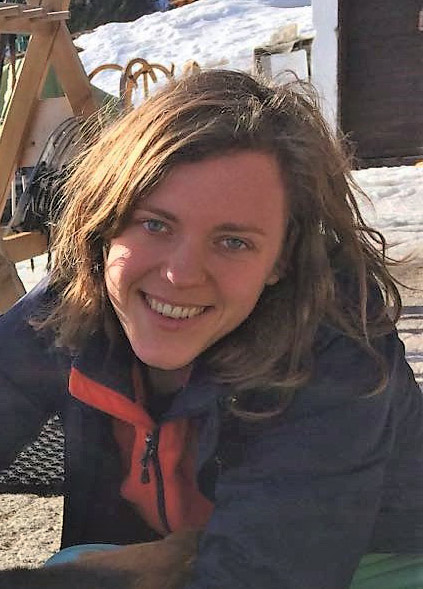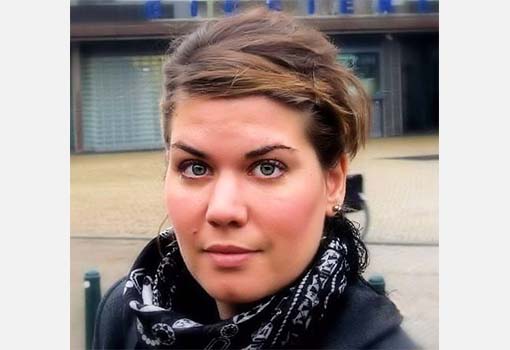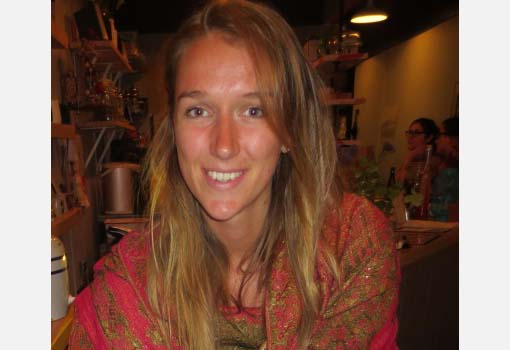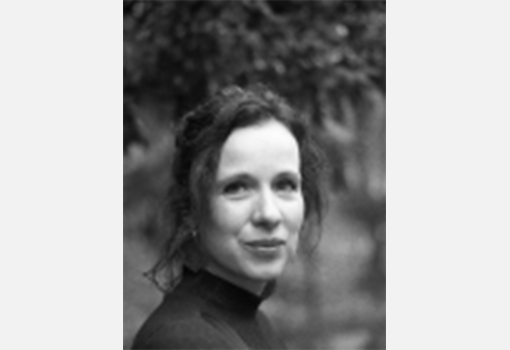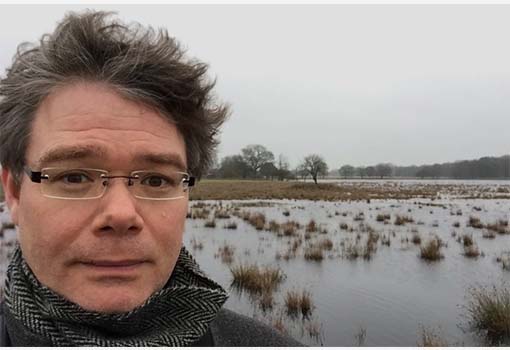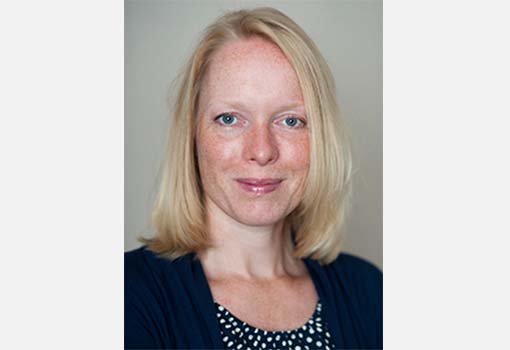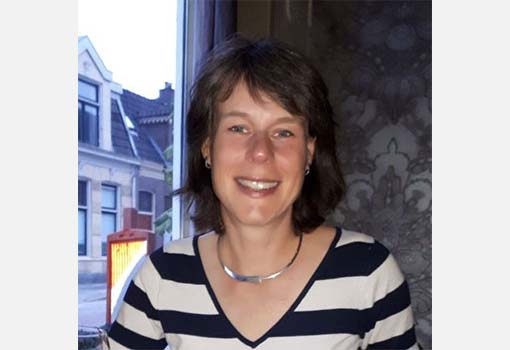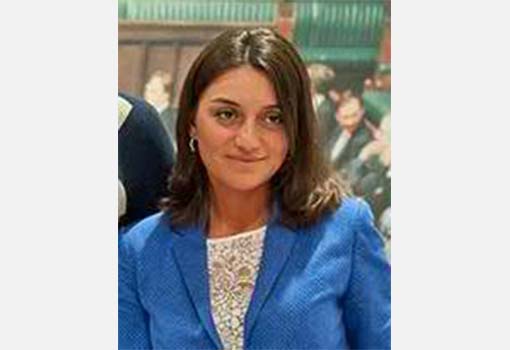
Alumnus Natia Ubilava
This is a great opportunity to really get to know what scientific research involves.
As an international student at the University of Groningen (RUG) I felt welcomed and supported throughout the academic year. The international office with its professional staff has guided me to complete all the necessary procedures. The university student desk is always ready to help students with all the academic and personal necessities. The only thing you need to do is to ask for help and the university staff will do their best for you. The student is the center of attention.I had an exceptional academic experience with lots of challenges and excitement at the RUG... Apart from their professionalism they are passionate and inspiring. Faculty members are accessible and willing to give students advice about their study related questions and concerns. The master's programme is structured in a way that allows students to select the courses that best suit to their interest. Lectures are given in an interactive format, meaning active participation is expected. There is a strong focus on research skills (statistics, writing, presenting), combined with learning how to conduct high-quality research or policy advice. This is a great opportunity to really get to know what scientific research involves. The perfect combination of theory, skills and practice will thoroughly prepare students for a job in the scientific world. The things you learn throughout the program will certainly allow you to successfully pursue a job outside of the academic world.The University also offers extracurricular courses and social events that make the whole experience even more exciting. The extracurricular courses aren’t restricted to the faculty members only, for example, I attended an extracurricular course on social entrepreneurship offered by the faculty of economics and business. If you are enthusiastic and motivated, the University of Groningen is a great match for you!Studying and living in Groningen is a life experience. Alongside a wide range of study programs, Groningen is considered to be one of the youngest cities in the Netherlands. Therefore, this beautiful city offers lots of activities for young people. Starting from the sports activities to the art classes organized by the student associations, you will have a chance to meet up with the diverse mix of students from all around the world.Dutch people are very nice and friendly towards foreigners, almost everybody speaks perfect English and not knowing Dutch is not an issue to communicate but it is always possible and encouraged to take a free course in the Dutch language offered by the University.To conclude, the learning process was even more than I ever expected could be possible. Based on this, I would fully recommend the University of Groningen to anyone who wants to get an outstanding education in a nice atmosphere.Biography
Natia Ubilava is from Georgia and moved to Groningen to study psychology at a master's level, at the faculty of Behavioral and Social Sciences. Natia has a government scholarship to pursue her degree at RUG. Upon completion of her studies, Natia will return to Georgia to work for the public sector. Natia will also pursue a career in social psychology at the Tbilisi State University at a doctorate level.
lees verder ...


